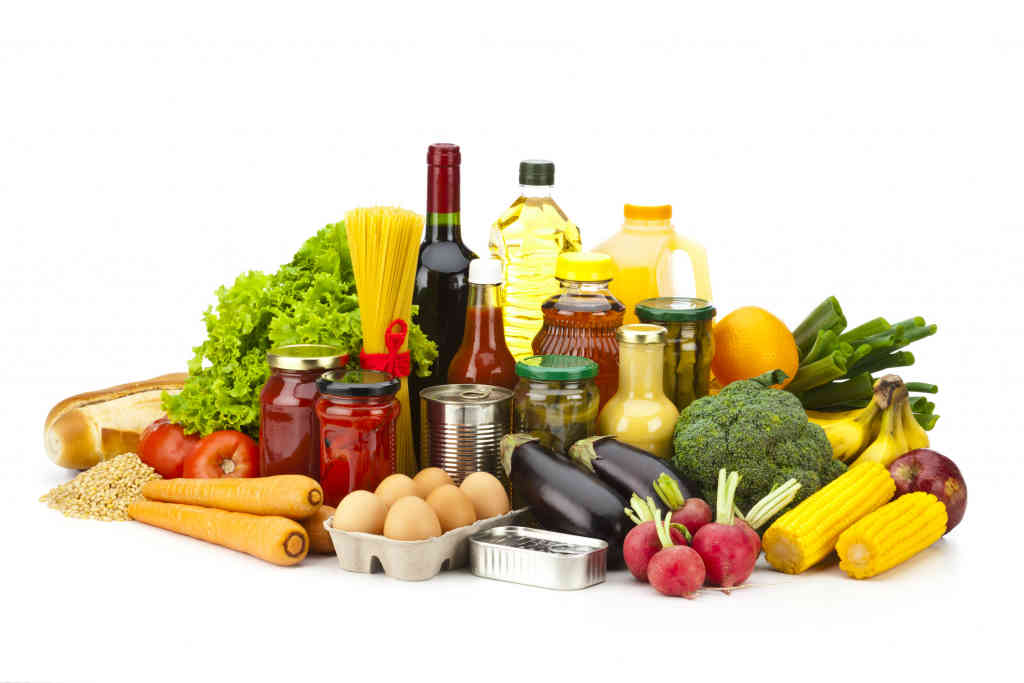
Food and Beverage Business Plans
The food and beverage industry includes businesses involved in the production, distribution, and sale of food and drinks.
The global food and drink market is expected to grow at an annual rate of 11.9%, reaching a market volume of $3.8 billion by 2027. This increase sharply contrasts the industry’s declining performance over the last three years.
Contributing factors to this performance include:
– Expected deflation over the next year.
– Innovation in beverage and grab-and-go options.
– Increased interest in health-conscious options.
– Lifestyle changes as consumers travel and return to the office.
Additionally, the increased adoption of app-based and eCommerce purchasing options will fuel discretionary spending in this category. Portable eating, tech-based purchasing, and alternative health and wellness products or services show promise for new entrants.
How to start a food and beverage business:
1. Identify an idea that meets current demand
Identify your target market and potential competitors. Then, develop a unique product or service that serves a specific need—such as a particular cuisine, dietary need, or a unique dining experience.
2. Write a business plan
Create a business plan that explains your business model, operations, pricing strategy, and financial projections.
3. Handle health, safety, hygiene, and legal compliance
Food and beverage is a highly regulated industry with additional legal, health, and safety requirements. Develop strict health and safety standards, prepare a staff training plan, and apply for relevant permits or licenses.
4. Operations and relationships with suppliers
Establish relationships with reliable suppliers to acquire consistent quality ingredients. Implement an effective inventory management system that minimizes waste and unnecessary expenses.
5. Location, layout, and staffing
Choose a location and layout that fits your customers’ expectations and provides a healthy working environment for your employees. Focus on training to ensure quality service, adherence to safety protocols, and the representation of your brand values.
6. Startup costs and financial management
Hefty upfront investments may be needed to start a food and beverage business. Consider all costs, including kitchen equipment, menus, signage, POS systems, and mobile ordering technology. Plan your finances effectively and regularly review your performance.
7. Marketing and branding
Your food and beverage business will face plenty of competition. Stand out with effective branding and marketing efforts. Remember your target market, choose the proper channels, and develop a memorable visual identity that aligns with your mission.
For more on starting a business, check out our full selection of startup resources.
How to write a business plan for a food and beverage business:
Thoroughly document your competition, unique qualities, and ideal customers.
Business model:
Provide a detailed description of your revenue streams, ensuring they make sense for the market and can consistently generate cash.
Menu and product offerings:
Cover what you offer and provide a sample menu or product list that directly relates to your clientele’s interests.
Operations:
Describe your location, including a layout of your store or restaurant, supplier relationships, workflows, equipment needs, and staffing. Focus on demonstrating quality and efficiency.
Financial projections:
Map out your revenue and expenses with detailed financial projections. Cover startup costs, break-even analysis, profit and loss forecasts, and cash flow statements. Include assumptions and funding needs if applicable.
Use our food, beverage, or restaurant sample plans to ensure you cover the right information. For a detailed overview, check out our complete business plan outline.
What is an example of a food and beverage business?
Food, beverage, and restaurant businesses include:
– Agriculture and food production
– Food processing and packaging
– Alcoholic and non-alcoholic beverage production
– Restaurants
– Cafes
– Cafeterias
– Pubs
– Delis
– Catering
– Food transportation services
Hello!
I’m Andrew Brooks, a seasoned finance consultant from the USA and the mind behind phonenumber247.com.
My career is built on a foundation of helping individuals and businesses thrive financially in an ever-changing economic landscape. At phonenumber247.com, my aim is to demystify the complex world of finance, providing clear, actionable advice that can help you navigate your financial journey with confidence. Whether it’s personal finance management, investment strategies, or understanding the nuances of market dynamics, I’m here to share insights and tools that can propel you towards your financial goals.
Welcome to my digital space, where every piece of advice is a step closer to financial clarity and success!
